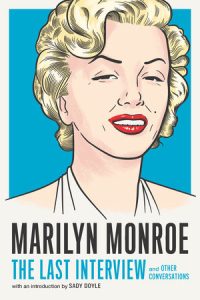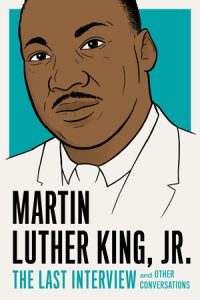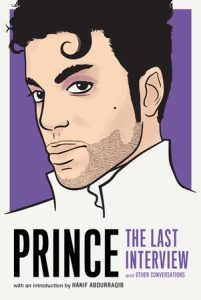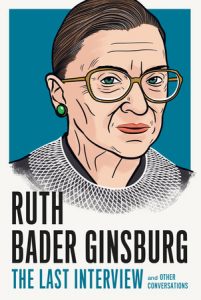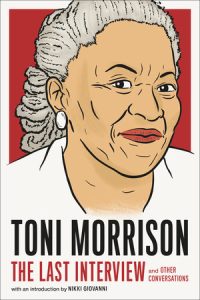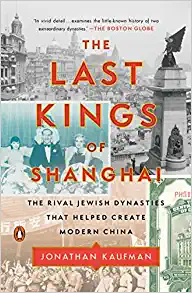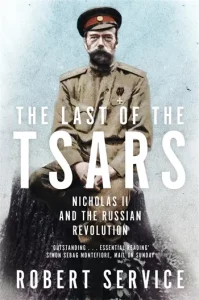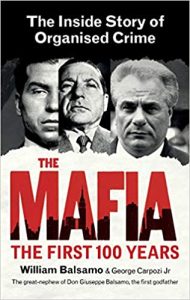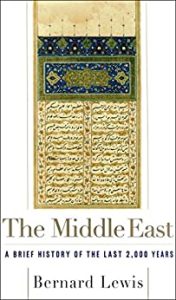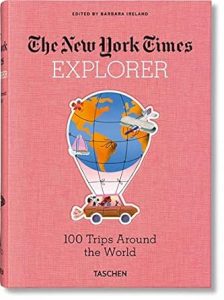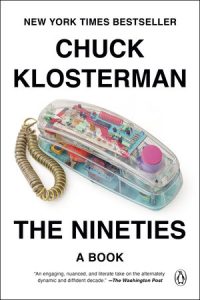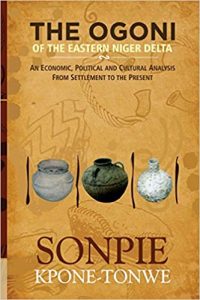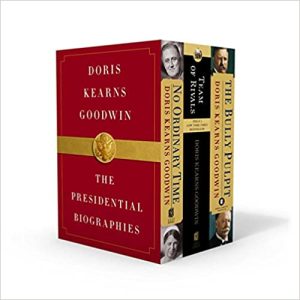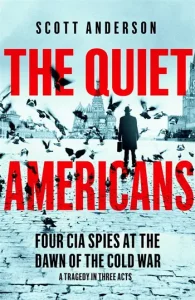The Last Interview: Marilyn Monroe
₦9,000.00Nearly sixty years after her death, Marilyn Monroe remains an icon whom everyone loves but no one really knows. The conversations gathered here–spanning her emergence on the Hollywood scene to just days before her death at age 36–show Monroe at her sharpest and most insightful on the thorny topics of ambition, fame, femininity, desire, and more. Together with an introduction by Sady Doyle, these pieces reveal yet another Marilyn: not the tragic heroine she’s become in the popular imagination, but a righteously and justifiably angry figure breaking free of the limitations the world forced on her.

